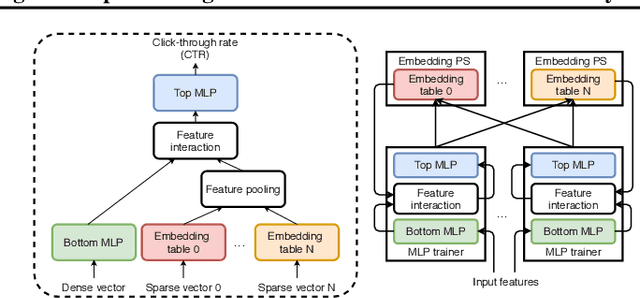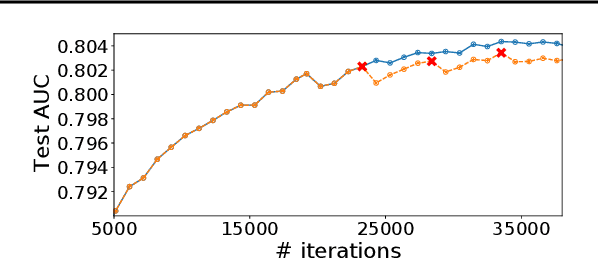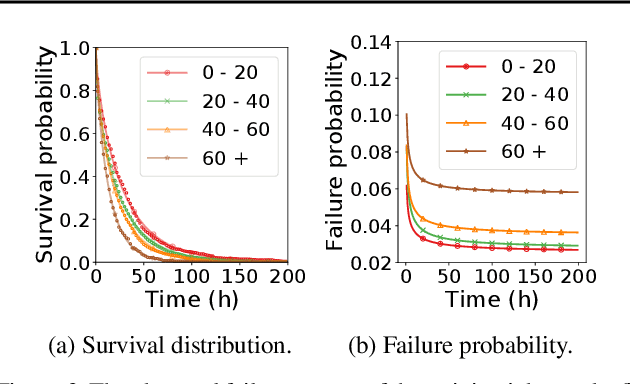Isabel Gao
Gemini 1.5: Unlocking multimodal understanding across millions of tokens of context
Mar 08, 2024Abstract:In this report, we present the latest model of the Gemini family, Gemini 1.5 Pro, a highly compute-efficient multimodal mixture-of-experts model capable of recalling and reasoning over fine-grained information from millions of tokens of context, including multiple long documents and hours of video and audio. Gemini 1.5 Pro achieves near-perfect recall on long-context retrieval tasks across modalities, improves the state-of-the-art in long-document QA, long-video QA and long-context ASR, and matches or surpasses Gemini 1.0 Ultra's state-of-the-art performance across a broad set of benchmarks. Studying the limits of Gemini 1.5 Pro's long-context ability, we find continued improvement in next-token prediction and near-perfect retrieval (>99%) up to at least 10M tokens, a generational leap over existing models such as Claude 2.1 (200k) and GPT-4 Turbo (128k). Finally, we highlight surprising new capabilities of large language models at the frontier; when given a grammar manual for Kalamang, a language with fewer than 200 speakers worldwide, the model learns to translate English to Kalamang at a similar level to a person who learned from the same content.
CPR: Understanding and Improving Failure Tolerant Training for Deep Learning Recommendation with Partial Recovery
Nov 05, 2020



Abstract:The paper proposes and optimizes a partial recovery training system, CPR, for recommendation models. CPR relaxes the consistency requirement by enabling non-failed nodes to proceed without loading checkpoints when a node fails during training, improving failure-related overheads. The paper is the first to the extent of our knowledge to perform a data-driven, in-depth analysis of applying partial recovery to recommendation models and identified a trade-off between accuracy and performance. Motivated by the analysis, we present CPR, a partial recovery training system that can reduce the training time and maintain the desired level of model accuracy by (1) estimating the benefit of partial recovery, (2) selecting an appropriate checkpoint saving interval, and (3) prioritizing to save updates of more frequently accessed parameters. Two variants of CPR, CPR-MFU and CPR-SSU, reduce the checkpoint-related overhead from 8.2-8.5% to 0.53-0.68% compared to full recovery, on a configuration emulating the failure pattern and overhead of a production-scale cluster. While reducing overhead significantly, CPR achieves model quality on par with the more expensive full recovery scheme, training the state-of-the-art recommendation model using Criteo's Ads CTR dataset. Our preliminary results also suggest that CPR can speed up training on a real production-scale cluster, without notably degrading the accuracy.
 Add to Chrome
Add to Chrome Add to Firefox
Add to Firefox Add to Edge
Add to Edge